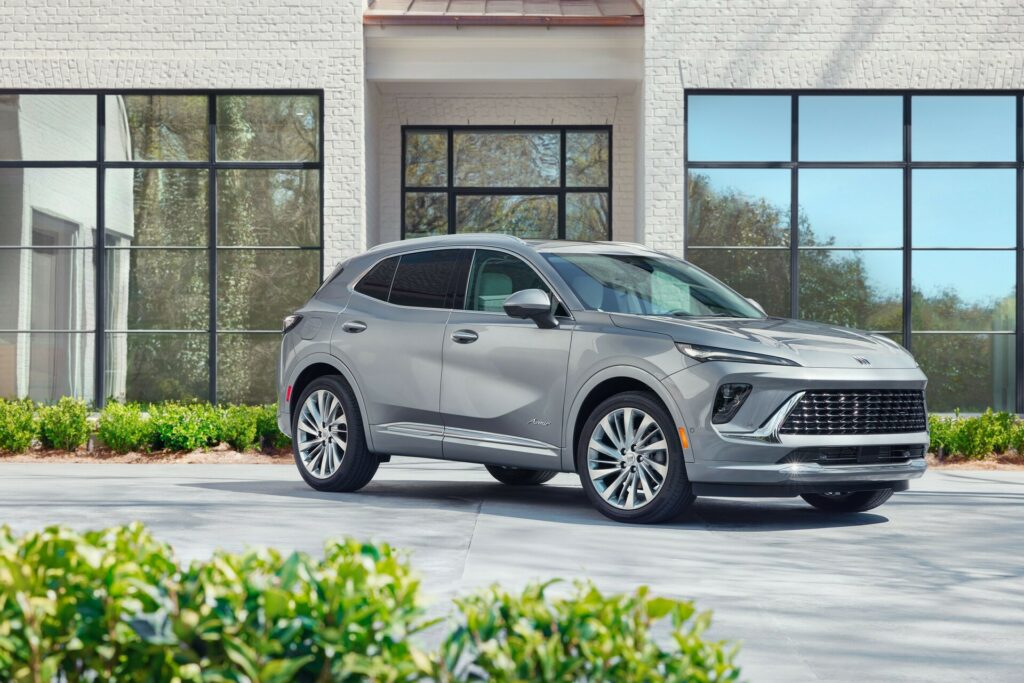- The government proposal targeting Chinese connected cars could result in all Chinese-built vehicles being banned in the United States.
- A Commerce Department official suggested this would even apply to the Buick Envision and Lincoln Nautilus.
- This could be devastating for Lincoln as the Nautilus is their best-selling vehicle in America.
Yesterday, the Biden Administration announced the Department of Commerce had proposed a new rule targeting China and Russia. It aims to “prohibit the sale or import of connected vehicles that incorporate certain technology and the import of particular components themselves from countries of concern.”
While the rule hasn’t been finalized, the government is concerned about potential security risks as connected vehicles “collect sensitive driver and passenger data” and have cameras and sensors that “record detailed information about American infrastructure.”
Given this risk, the proposal targets connected vehicle systems designed, developed, manufactured, or supplied by entities with a “sufficient nexus” to China or Russia. It also focuses on connectivity – including Bluetooth, cellular, satellite, and Wi-Fi – and automated driving systems.
More: Lincoln’s Best-Selling Vehicle Is A Chinese Import
That’s just a brief overview of the proposal we reported on yesterday, but it appears there could be some friendly fire if it’s enacted. In particular, the Chinese-made Buick Envision and Lincoln Nautilus could find themselves banned from the United States.
In fact, it sounds like all Chinese cars would effectively be banned from the United States as Reuters quoted the head of the Commerce Department’s information and communications technology office as saying “We anticipate, at this point, that any vehicle that is manufactured in China and sold in the U.S. would fall within the prohibitions.” This suggests that BYD, Polestar and Volvo could also be impacted.
However, it’s important to note the rule hasn’t been finalized and included possible exemptions. The White House said these were intended for “small producers of vehicles” and could be granted on an “exceptional basis” to “minimize unanticipated and unnecessary disruption to industry.” Of course, it’d be a stretch to call Ford, General Motors, or Geely small.





